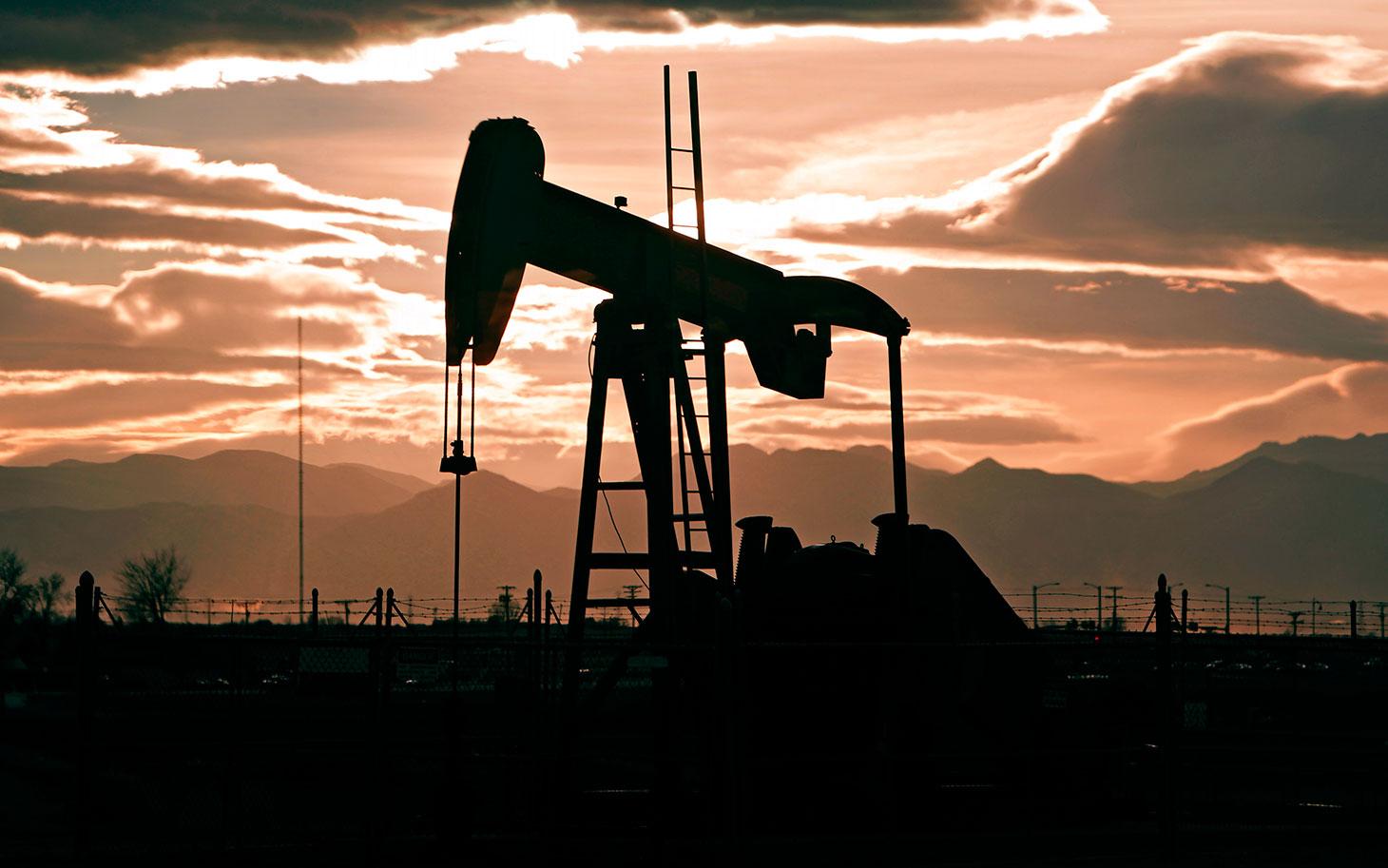Environmental groups across the globe have breathed a collective sigh of relief as their battle against fracking took a positive turn over the past two weeks. On December 17th, the governor of the US state of New York announced a ban on the controversial extraction method; a decision based on a five year study conducted by the New York Department of Health on the environmental, economic, and public health effects of fracking. This comes a few days after a similar report in the Canadian province of Quebec, with motions also underway to ban the process.
Fracking, or Hydraulic Fracturing, is a method of shale gas extraction whereby high pressure fluids are pumped into a designated location to create cracks in the underground rock-formations, allowing gas to be extracted in higher quantities. Whilst potentially fruitful in terms of fuel production, the method is seen as highly contentious due to its environmental impact, the high percentage of resources and chemicals needed, as well as concerns surrounding the altering of the physical landscape, which could potentially lead to natural disasters.
The topic has however again come to the fore in South Africa, especially amidst a worsening energy crisis with the country’s sole energy provider, Eskom. Fracking in SA has faced particularly strong opposition, most notably from the Treasure the Karoo Action campaign.
The group’s CEO, Jonathan Deal, said the global opposition against the process was growing, even in the Netherlands, were the head offices of petrochemical company Shell is situated. There, a moratorium was recently agreed to ensure that no fracking could take place in the country, at least until 2017.
“If they are not prepared to do that technology in Shell’s own country of Holland, why I ask you should it be good enough to happen in South Africa?” he questioned.
The process of fracking is currently under ongoing investigation in several countries, who are attempting to explore the risks and benefits before making a decision on whether or not to introduce it. Locally, and short investigation was conducted by government in 2012 that resolved that the process was in fact safe, and that the country would move ahead with its plans to introduce fracking in SA. All this whilst many other nations were backing away from the controversial process.
The introduction of fracking in SA may also have a notable impact on the wallets of everyday South Africans. National government is reportedly planning to support local municipalities in preparing the required infrastructure for fracking operations. These funds will almost certainly come from tax-payer monies.
“My question is why should the tax payers of this country be spending money on creating an infrastructure for Shell and other companies to make their profit, and take it back overseas? Those tax dollars should be spent on social issues, policing, education and schools in this country,” stated Deal.
Amongst the two main concerns that arose prior to the decision to ban fracking in New York state was the environmental risks, particularly health and water pollution concerns. The state report also showed that the reported ‘economic benefits’ that were punted as part of the process, were not materializing in other US states where the infrastructure was already in place.
“The cards are so strongly stacked for an intelligent and reasonable decision in this country by our leaders, to say that we need to take a page out of these other countries books, and stop doing it,” said Deal. VOC (Mubeen Banderker)






 WhatsApp us
WhatsApp us 

